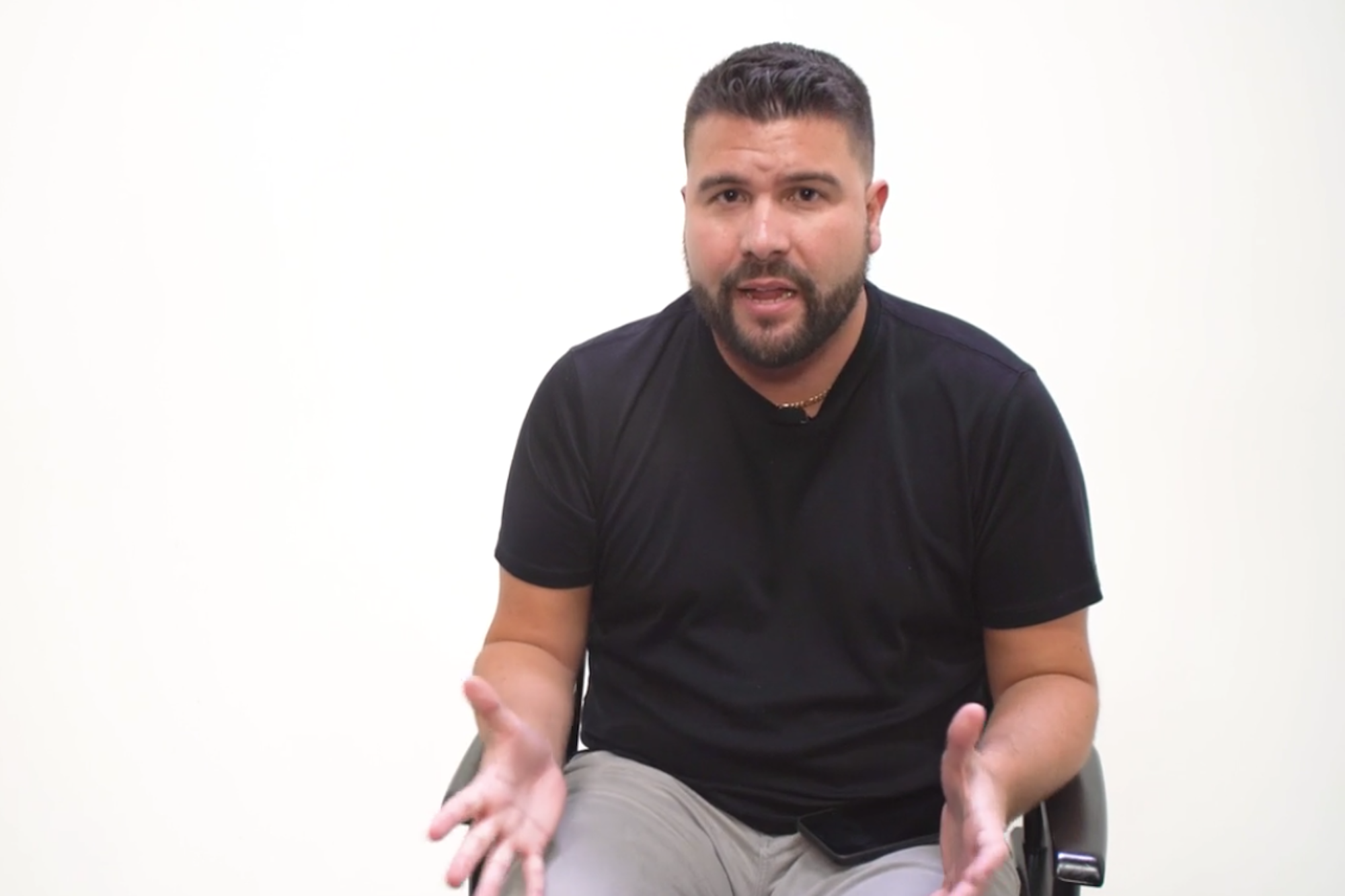
When a new platform like TikTok comes around, plenty of people get drawn to the new medium and marketers follow suit, without always thinking about whether that’s in the best interest of their brands.
4 min read
Opinions expressed by Entrepreneur contributors are their own.
Even though social media as a whole is still relatively new, that has not stopped people from being drawn to shiny new platforms and features, whether that’s been TikTok, Vine, Boomerang, the dog filter on Snapchat, etc. But just because something catches fire does not mean that its flame will continue to burn, nor does it mean that it’s applicable to every marketer.
I often hear questions like “What’s next in social media?” In particular, I get asked a lot about whether someone should be on TikTok. Unfortunately, there’s no universal “yes or no” answer other than that you can prepare yourself for whatever comes next by focusing on becoming a better communicator and connecting with your audience, regardless of the medium.
Consider where your audience is
As TikTok has surged in popularity among the general public, many marketers have rushed to get on the platform, hoping to grab a slice of this growing market. Yet the platform skews to a very young audience — often teenagers — so unless that’s who your brand is trying to market to, it doesn’t make much sense to focus on this platform.
In my case, I’m trying to reach more people in the business world, including other marketers, so I have better success on platforms like LinkedIn and YouTube instead of the audience on TikTok. Plus, there’s a good chance that TikTok’s buzz fizzles out, as did Vine’s. That’s not to say that TikTok can’t have staying power, but I think it makes more sense to put your resources toward making an impact on the platforms that have proven they can remain relevant as the marketing world changes and where a larger portion of your audience is engaged.
If you do want to go outside the mainstream of Facebook, Instagram, etc., you can try being active on platforms like Reddit and Twitch, which may have more of the audience you’re trying to reach. These platforms also seem to have found successful niches that other social media networks may have trouble encroaching on, whereas Instagram and Snapchat, for example, battle it out for similar turf.
Focus on your brand, not just the platform.
Instead of chasing new platforms like TikTok or pigeon-holing yourself as just a YouTuber or Instagrammer, it helps to focus your marketing in terms of what your own brand — including your personal brand — has to offer, regardless of the medium. Figure out what you’re good at and communicate that through whatever mediums apply.
For example, I used to be very active on Snapchat, as that was a good fit in the past for my personal brand. Yet as I’ve become more embedded in the marketing world with larger brands, I’ve found it natural shifting to platforms like LinkedIn and YouTube. Yet if YouTube were to disappear tomorrow, for instance, I know that my brand could live on and translate to whatever platform has a sizeable business audience where I can share content.
This flexibility can apply in all areas of content. Look at some of the great entertainers of the past couple decades who have managed to move seamlessly between starring in movies to shows on streaming platforms to podcasts. People still want to be entertained, but the ways in which we all consume entertainment are changing. Those who can adapt their talent to where they can have an audience are the ones that stay relevant.
Plus, many entertainers who have not been first to a new medium like podcasting have still been able to achieve great success there, as quality tends to win out. So whatever comes next, whether in social media or the broader media and marketing worlds, staying true to your talents and your audience will likely take you further than going all in on whatever the next shiny object is just for the sake of newness.
https://www.entrepreneur.com/video/344815

